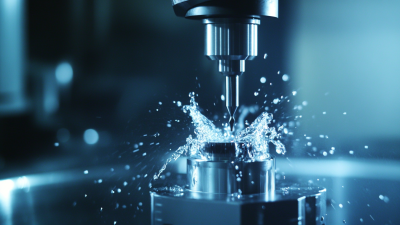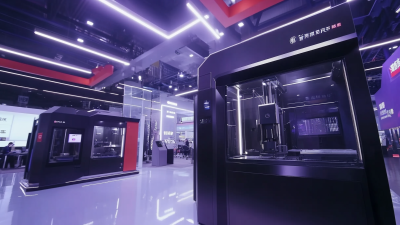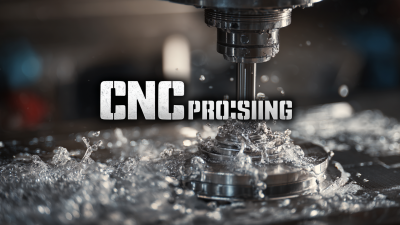Choosing the right machining services for your project is a critical decision that can significantly impact the efficiency, quality, and cost of your operations. According to a report by Market Research Future, the global machining services market is expected to grow at a compound annual growth rate (CAGR) of 6.3% from 2020 to 2027, driven by increasing demand across various sectors including automotive, aerospace, and medical devices.

With the advancement in technologies such as CNC machining and additive manufacturing, selecting a service provider that aligns with your specific project needs has become increasingly complex. Understanding the various factors that contribute to effective machining services—not only in terms of capabilities and expertise but also in ensuring timely delivery and cost-effectiveness—is essential for any project manager or engineer. This guide will equip you with the insights necessary to navigate this crucial selection process.
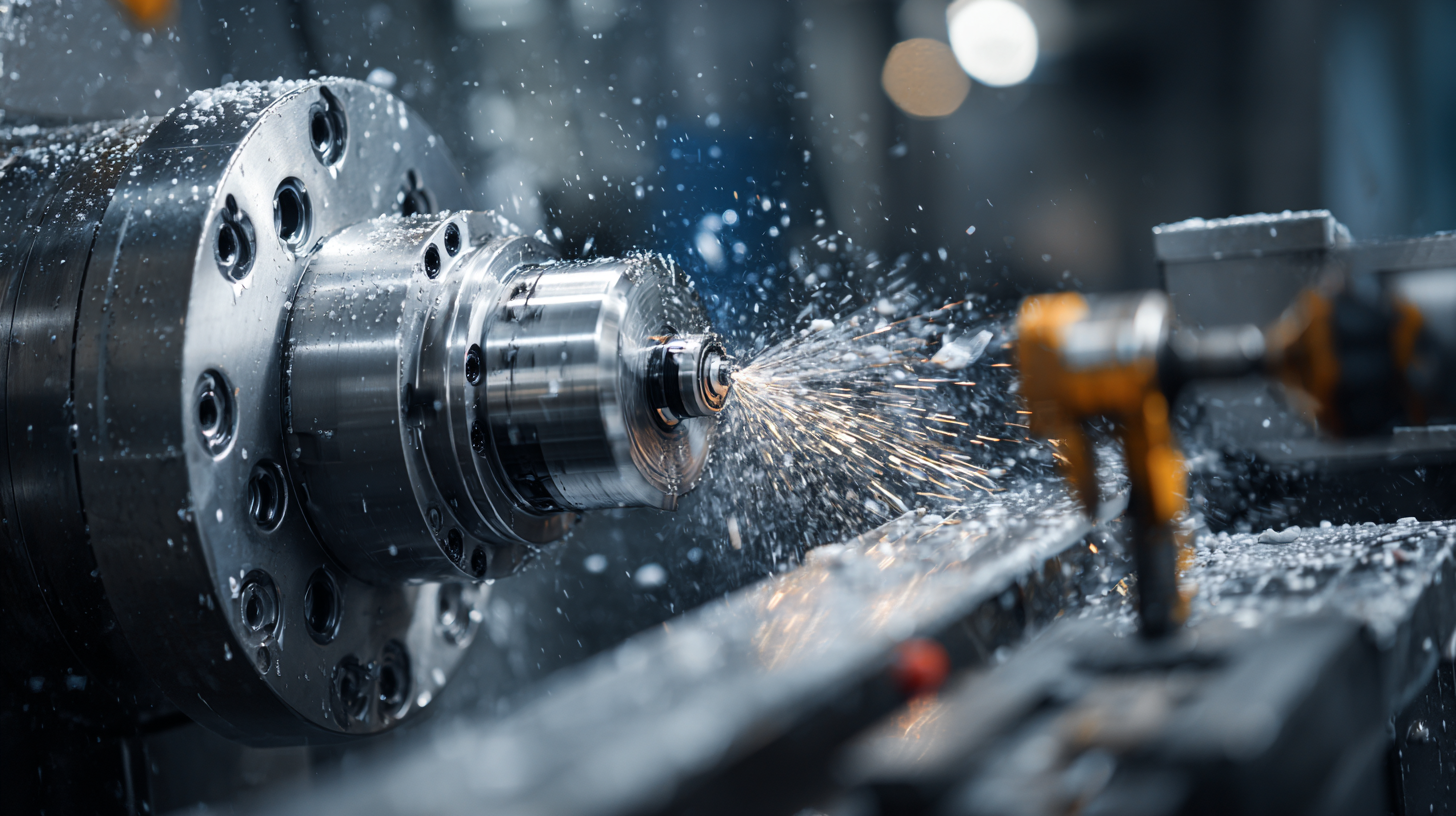 When selecting machining services for your project, the first step is to thoroughly identify your specific machining requirements. Consider the materials you will be working with, as certain machining processes are better suited for particular types of metals, plastics, or composites. For example, aluminum may require different machining techniques compared to hardened steel. Additionally, you should determine the precision levels needed for your components, as intricate designs often demand advanced machining capabilities and tighter tolerances.
When selecting machining services for your project, the first step is to thoroughly identify your specific machining requirements. Consider the materials you will be working with, as certain machining processes are better suited for particular types of metals, plastics, or composites. For example, aluminum may require different machining techniques compared to hardened steel. Additionally, you should determine the precision levels needed for your components, as intricate designs often demand advanced machining capabilities and tighter tolerances.
Another important aspect is to evaluate the complexity of your project. If your machined parts necessitate a series of elaborate features like specialized grooves or fine detailing, you must opt for a service provider equipped with sophisticated technology and experienced personnel. Engaging with potential service providers to discuss their capabilities, experience in your industry, and response time can significantly influence your decision. By aligning your specific machining needs with the right provider, you can ensure efficient production while maintaining quality in the final outcomes.
When selecting the right machining services for your project, it is crucial to evaluate the expertise and capabilities of potential providers. Start by assessing their experience in your specific industry, as familiarity with your sector can indicate a better understanding of your unique requirements and challenges. Look for certifications and qualifications that demonstrate their adherence to industry standards and best practices. This can include ISO certifications or specialized training programs relevant to the materials and technologies involved in your project.
Additionally, consider the range of services offered by the machining provider. A company that provides a comprehensive suite of machining processes, such as CNC machining, turning, and milling, is more likely to meet diverse needs that may arise during the project lifecycle. Furthermore, inquire about their equipment and technological capabilities. Providers with advanced machinery and automation can often deliver higher precision and efficiency, which are critical factors for the success of complex projects. By thoroughly evaluating these aspects, you can make an informed decision and select a machining service that aligns seamlessly with your project goals.
When selecting machining services for your project, it is crucial to assess the quality standards and certifications that the service provider holds. Certifications like ISO 9001 indicate a commitment to quality management systems, ensuring that the company consistently delivers products that meet customer expectations. Understanding these standards helps gauge the reliability of the machining services and their adherence to industry best practices, which can significantly impact the final output of your project.
Moreover, specific quality standards related to your industry, such as AS9100 for aerospace or IATF 16949 for automotive, play a vital role in the decision-making process. These certifications not only reflect the company's capability to meet stringent regulatory requirements but also instill confidence in their processes and outcomes. When evaluating potential machining partners, it is essential to review their compliance with these quality standards, as it can directly influence the precision, durability, and overall success of your project.
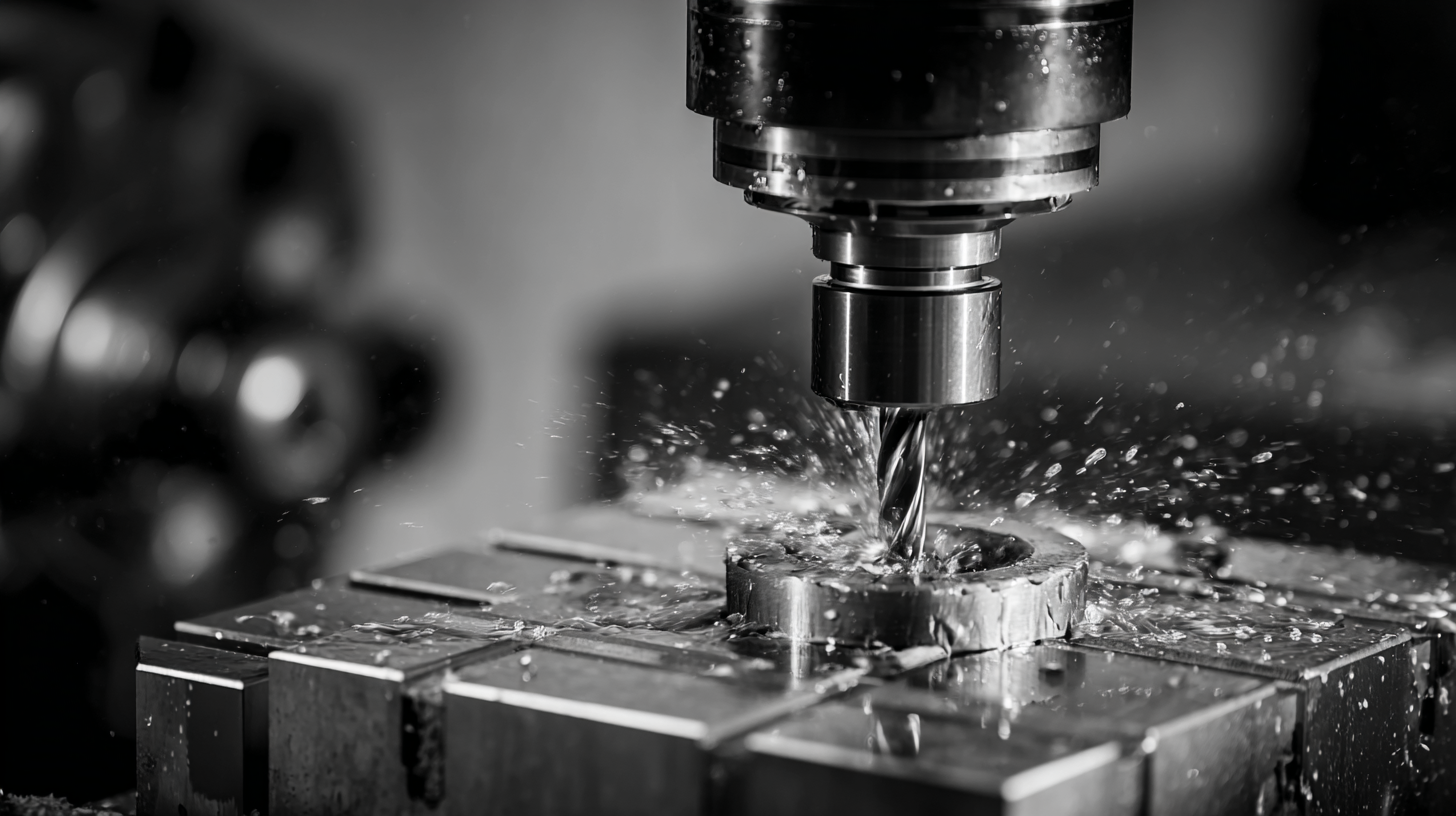
When evaluating machining services for a project, understanding the different pricing models is crucial.
Common options include hourly rates, project-based pricing, and per-part pricing.
Each model has its advantages, and the best choice depends on the specifics of your project.
For instance, hourly rates can work well for prototypes or projects with unpredictable variables,
while per-part pricing may be more cost-effective for large production runs.
Tips: Always ask for detailed quotes that outline the costs associated with each pricing model.
This transparency can help you identify potential hidden costs and ensure that you remain within budget.
Additionally, consider the total cost of ownership, not just the upfront costs.
This includes material costs, lead times, and the quality of work, as a more expensive service might save you money in the long run by reducing waste and rework.
Cost-effectiveness also varies based on the technology used in machining.
Advanced techniques like CNC machining often provide greater precision and faster turnaround times, although they might have a higher initial cost.
When comparing options, factor in the long-term benefits of efficiency and quality, as these can significantly impact your project's success.
When selecting machining services for your project, understanding lead times and delivery schedules is crucial for ensuring timely completion. According to the *Machining Industry Trends Report 2023*, an estimated 30% of projects face delays due to inadequate communication regarding delivery timelines. This emphasizes the importance of establishing clear expectations from the outset. Communicating your project requirements and deadlines with potential machining providers can help align resources and mitigate potential delays.
Tips: Always ask for a detailed timeline that outlines each stage of the machining process. An industry-standard timeline typically includes setup time, machining, inspections, and delivery. Additionally, consider engaging suppliers that utilize real-time project tracking systems, which can provide you with up-to-date information and help manage unforeseen obstacles efficiently.
Moreover, be mindful of the service provider’s capacity to meet your deadlines. A report from the *Manufacturing Insights Group* highlights that 25% of projects are delayed due to overcommitment by machining service providers. Engaging with shops that have a proven track record of meeting deadlines, along with adequate capacity and equipment, is essential for ensuring your project stays on track.
